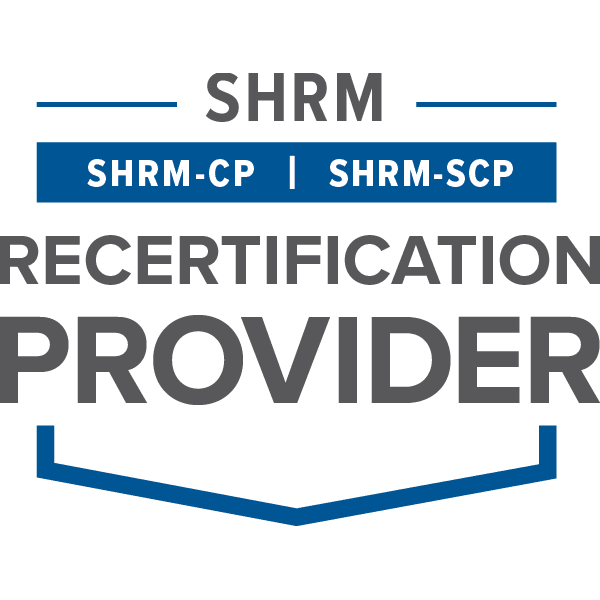Workplace Ergonomics and Employee Well-Being
Why are workplace ergonomics are essential in creating a positive work culture?

Companies that prioritize employee well-being and create a safe and supportive work environment experience higher levels of productivity and efficiency (Silva et al., 2021). The positive impact of workplace ergonomics and employee well-being is evident in several key areas. Employees who feel physically and mentally supported in their work environments are more likely to be engaged and motivated, leading to increased output and quality of work. Studies have shown that a positive workplace environment that focuses on ergonomics and employee well-being can reduce absenteeism rates.
By addressing factors such as workstation design, ergonomics, and employee health and wellness programs, organizations can minimize the risk of work-related injuries and illnesses, thus reducing the number of sick days taken by employees. Neglecting workplace ergonomics and employee well-being can result in a range of negative consequences. These issues can lead to increased absenteeism, as employees may need to take time off to address their health concerns. This can result in decreased productivity and increased turnover risk.
Employees who work in uncomfortable and non-ergonomic workstations may experience physical discomfort, leading to decreased efficiency and productivity. Poor ergonomics can result in musculoskeletal disorders and chronic pain, which can significantly impact employee well-being and quality of life.
Neglecting employee well-being can have detrimental effects on morale and job satisfaction.
Employees who feel unsupported in their work environments may feel undervalued and less motivated to perform at their best. Employees who are not provided with a supportive work environment may seek employment elsewhere, resulting in a higher turnover rate and increased recruitment and training costs for the organization.
Neglecting workplace ergonomics and employee well-being can also have a negative impact on the company's reputation. Customers and clients may perceive an organization that neglects employee well-being as a company that does not prioritize the health and safety of its workforce. This can lead to a loss of trust and credibility in the eyes of stakeholders, potentially impacting on the organization's ability to attract and retain both customers and top talent.
Take A Step
Act today by having an employee pulse check to assess the current state of workplace ergonomics and employee well-being. Identify areas where improvements can be made, such as providing ergonomic equipment and training, implementing flexible work schedules, and promoting a supportive and inclusive work environment.
Implementing these changes can help create a positive work culture that values and supports the health and well-being of employees. Prioritizing workplace ergonomics and employee well-being can have numerous positive impacts, such as reducing absenteeism rates, improving productivity, and boosting employee morale and job satisfaction. By actively contributing to workplace ergonomics, organizations can reap the benefits of a productive and engaged workforce, as well as enhance their reputation as an employer of choice.
References
Silva, A. M. S. L. E., Costa, J. A. V., & De-Almeida, F. S. E. S.. (2021, January 1). Common mental disorders in prison workers. https://scite.ai/reports/10.47626/1679-4435-2021-613





